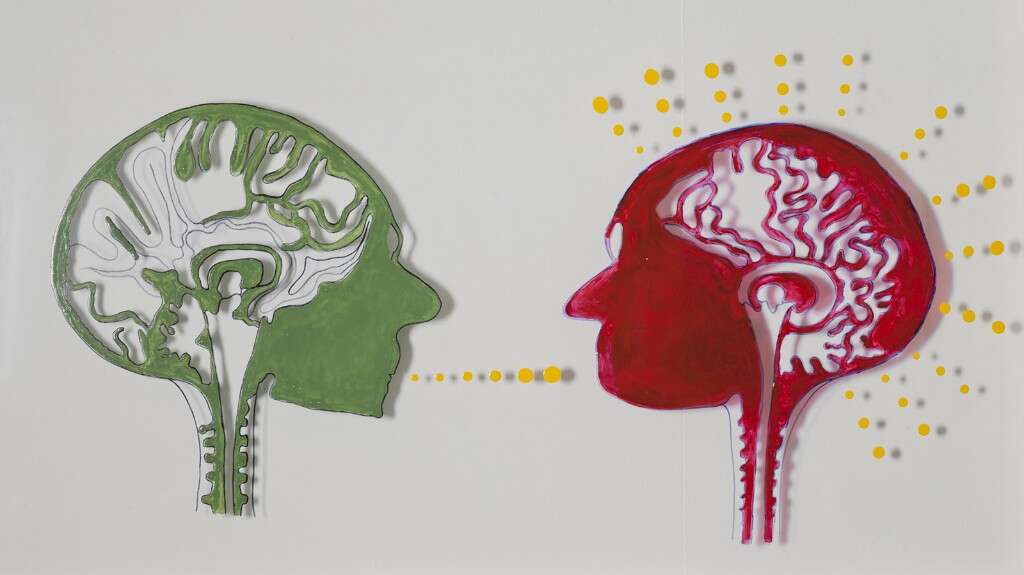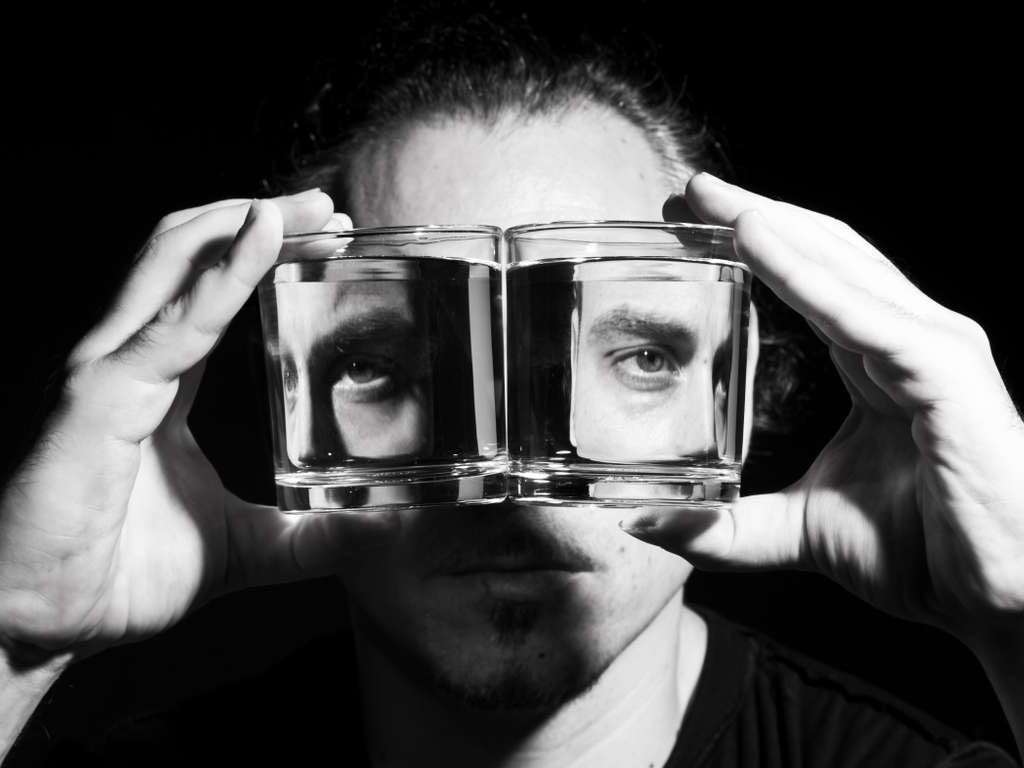10 Dissociative Identity Disorder Symptoms
The human brain is extremely impressive and has helped us to become the dominant species on our planet. It gives us an intelligence beyond that of any other species that we know of and allows us to investigate way beyond our natural boundaries. As impressive as it is, though, things can sometimes go wrong.
Dissociative identity disorder is a condition that used to be called multiple personality disorder. As that name suggests, the condition can lead to the patient developing multiple personas with distinct personalities.
It is thought that dissociative identity disorder is usually the result of severe physical and/or emotional trauma at a young age.

Symptom #1: Disconnection
Disconnection is actually quite common and not necessarily a sign of mental illness. Most of us will experience it from time to time and it tends to manifest itself as daydreaming. While some of us might daydream more than others, it is not usually something to be concerned about.
For patients with dissociative identity disorder, however, disconnection can be somewhat more serious. The patient can “disconnect” with themselves more frequently and instances can last for longer. If you do know somebody that experiences this often, it may be a good idea to get help for them to try and see if there is a problem.

Symptom #2: Depression
There is still a great deal of ignorance surrounding depression. There is a great deal of stigma still involved and many people seem to think that overcoming it is simply a matter of “cheering up.” As we learn more about it, though, we learn that it is a very real and serious problem.
Depression is a symptom of dissociative identity disorder. Patients can feel as though their lives are empty and that there is little to nothing to live for. In many cases, it can even lead to them taking their own lives. It is one of the biggest killers of otherwise healthy people, especially men, and it should be taken very seriously.

Symptom #3: Difficulty Concentrating
In order to get something done, we generally need to be able to focus on that task for a while. It might be something as simple as making a cup of tea, while it could be something more complex such as advanced mathematics. Whatever it is, we will usually be able to concentrate enough to be able to get the job done.
Patients with dissociative identity disorder, however, can find concentrating to be a lot harder than other people. Even relatively simple tasks can be difficult to complete because they are unable to focus on them for long enough. This can make it difficult for them to even look after themselves in some cases.

Symptom #4: Difficulty Handling Emotions
Emotions are involuntary, coming and going, usually according to what is happening around us. This means we tend to have good times and bad times, while mostly life is somewhere in between. When emotions do arise from time to time, we are usually able to handle them with relative ease.
When somebody has dissociative identity disorder, though, then handling these emotions are far more difficult to do. They can find it very difficult to deal with any confrontation and prefer to avoid it completely. This symptom can place considerable strain on their relationships with others.

Symptom #5: Memory Problems
Most of us are able to recall memories with relative ease. Depending on how important or influential events were, we can remember them clearly for many years to come. If this ability to remember begins to fade, though, then it can have drastic consequences on peoples’ lives. It is something that tends to affect older people but it can affect people of all ages.
Such memory lapses might include forgetting to perform certain chores. It can also mean forgetting very important information that is badly needed. Even personal information such as birthdays and names can be forgotten and it can be very difficult on the patient and those that are closest to them.

Symptom #6: Memory Variations
Our brain operates as a highly advanced processor, able to sort and translate information to make it useful to us. It also acts as a kind of data storage device and it is able to store a vast amount of information. When needed, we are able to access the data banks as what we know as memories.
While memories are not perfect, they do at least give us a general idea of past events and they are largely consistent. Patients with dissociative identity disorder, however, can find that their memories can vary considerably from one moment to another. An event they remember one day can be remembered in a different way another day.

Symptom #7: Sudden Mood Swings
Most of the time, our moods are fairly stable. This is despite the odd occasion where events might cause us to become particularly happy or particularly sad. It will usually take something reasonably significant to affect our mood either way, although some people can find their mood swings far more erratically.
Dissociative identity disorder can cause significant and erratic mood swings in patients that have the condition. The swings can happen for no particular reason and can be extremes of happiness or sadness. They can come on suddenly and without any warning, and then disappear just as suddenly as they arrived.

Symptom #8: Compulsion in Behavior
Our behavior as humans will vary largely from person to person. Some of us are more outgoing, others are more reserved, some are more or less trustworthy, and so on. A certain type of behavior tends to be typical of certain individuals, and you mostly know what to expect from them.
Patients with dissociative identity disorder, however, can experience compulsions to behave in certain ways. Their behaviors can be uncharacteristic of them, but they will still feel the need to behave in a certain manner. It can be very confusing, and very upsetting, to the people that are close to them.

Symptom #9: Hearing Voices
Our brain is able to take in complex languages and make sense of what is being said. It can even understand multiple languages if taught and can recognize countless different voices belonging to different people. In some instances, though, the voices that people hear don’t belong to anybody at all.
People that have dissociative identity disorder will often claim that they can hear voices speaking to them, even when there is nobody there. To them, the voices are just as clear and tangible as though a real person was speaking to them. Unfortunately, the voices that they can hear are also often sinister.

Symptom #10: Alternative Identities
When you get to know a person, then you generally just get to know a single personality. Everybody can be erratic from time to time, but you mostly know the person reasonably well and what kind of personality they have. Sometimes, though, there can be multiple personalities in a single body.
Alternative identities are perhaps one of the most profound symptoms of any mental illness. The patient can take on whole new personas, with identities of “people” from different backgrounds, race, age, and even gender. Each persona will have their own voice, posture, personality, and behavior. They will even respond accordingly when the patient is under hypnosis.











